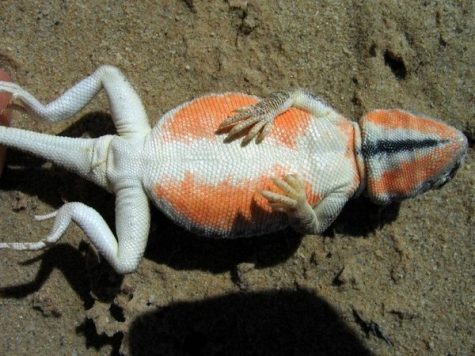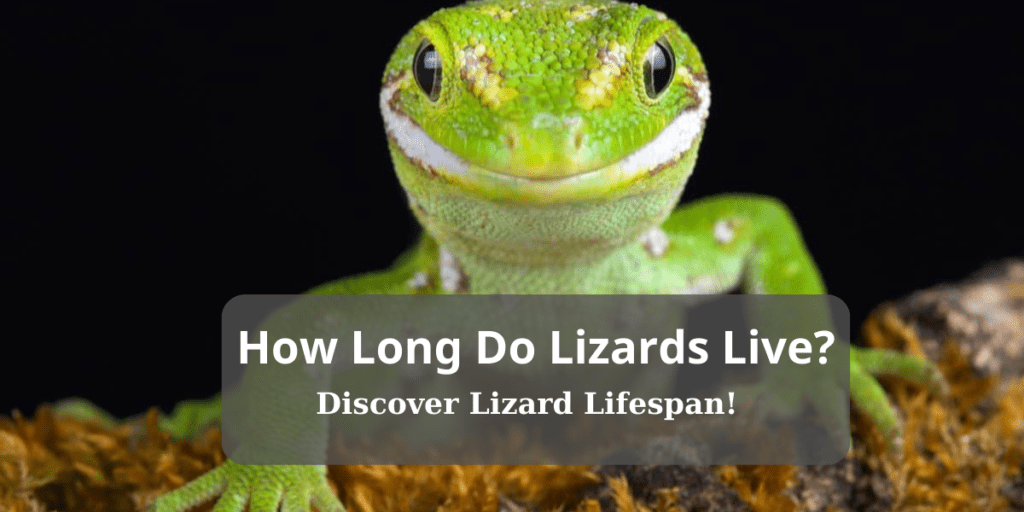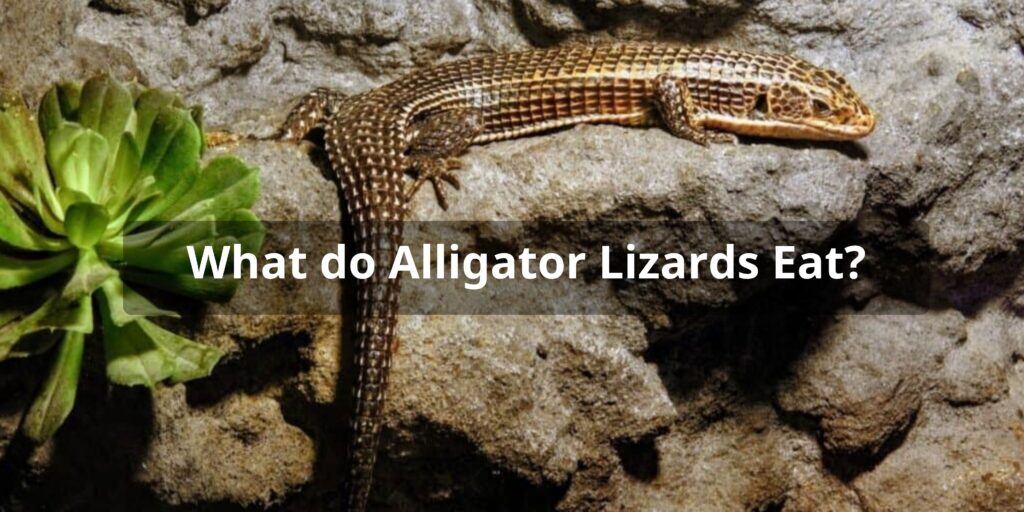Reptiles are unique pets that require special care and attention. Lizards in particular can be picky eaters, and there are many possible reasons why your lizard may be refusing food. In this article, we’ll explore the most common causes of lizards not eating and what you can do to get them back to their normal feeding routine.
Appetite Loss

One of the most common reasons for lizards not eating is a general loss of appetite. This can happen for a variety of reasons:
- Stress – Lizards are easily stressed by environmental changes like moving habitats, new household members, loud noises, etc. This stress can cause them to stop eating entirely. Make sure your lizard’s habitat is stable and minimize external stressors.
- Brumation – Some lizards naturally go through periods of dormancy called brumation. Their metabolism will slow down and they’ll stop eating for weeks or even months in the winter. This is normal seasonal behavior if the brumation period isn’t too long.
- Illness – An internal health issue like an infection or parasite can suppress appetite. Look for other symptoms like lethargy or abnormal waste to determine if the lizard is sick. Seek vet care if illness is suspected.
- Old Age – Elderly lizards may start eating less as their metabolism changes. Opt for easily digestible foods like canned insects, mashed veggies, etc.
Environmental Factors
A lizard’s surroundings can also impact its desire to eat. Things to check include:
- Temperature – Lizards are cold-blooded and require specific temperature ranges to digest food properly. Make sure the habitat is within the ideal temperature gradient with a basking spot at one end.
- Lighting – Full spectrum UV lighting mimics natural sunlight and aids feeding behaviors through vitamin D3 production. Inadequate lighting can lead to loss of appetite.
- Humidity – For tropical species, lack of humidity can cause dehydration and suppressed feeding. Adjust misting schedules to keep humidity around 60-80%.
- Substrate – Rough or irritating substrates like sand or wood chips can deter lizards from eating if they associate it with discomfort. Switch to a smooth, reptile-friendly lining.
- Habitat Size – An enclosure that is too small adds stress. Upgrade to a larger tank if your lizard has outgrown its current home.
- Hiding Places – Lizards feel more secure with adequate hides and foliage they can retreat to. Make sure their habitat is properly decorated and not too exposed.
Food Issues
Sometimes a fussy lizard is simply holding out for a different type of food. Here are some potential food-related causes:
- Improper Diet – Each species has unique dietary needs. Limit treats and feed an appropriate staple diet for the type of lizard. Seek input from a qualified herp vet if unsure.
- Food Variety – Adding novel insect prey or produce can spark interest. Rotate 3-5 different healthy foods instead of feeding the same thing continuously.
- Food Size – Lizards may ignore food that is either too big or too small. Offer a range of appropriately sized feeder insects and vegetable pieces.
- Food Freshness – Stale or expired insects won’t elicit a feeding response. Discard old food and purchase fresh feeders from reputable sources.
- Supplementation – Dust foods with calcium and multivitamin supplements as directed. Nutrient deficiencies can cause decreased appetite.
When to Seek Help
Occasional skipped meals are not uncommon with healthy lizards. However, if your lizard is refusing food for an extended period of time, additional steps should be taken:
- Contact your exotic veterinarian if the lizard has not eaten for over 1 week. They can check for underlying health issues and recommend an assist-feeding regimen if needed.
- Monitor the lizard’s weight closely. Reptiles can lose condition quickly when not eating. Weigh weekly and track changes.
- Offer healthy, high-calorie foods like waxworms, egg yolk, fruit baby food. These may stimulate appetite better than staple feeders.
- Assist feed as a last resort if the lizard is losing significant weight. Use a syringe to slowly drip food along their lips to encourage tongue flicks.
With attentive care and husbandry, most lizards will resume normal eating patterns. But continuing appetite loss always warrants a trip to the vet to diagnose potential health problems requiring treatment. Don’t hesitate to seek professional advice if your lizard’s lack of eating persists.
Conclusion
Lizards are prone to occasional fasting and hunger strikes that can worry owners. But in many cases, a few habitat tweaks, diet changes, or vet visits can get them back on track. Monitor for any accompanying symptoms of illness and be prepared to assist feed if weight loss becomes severe. With time and patience, your lizard will likely regain its appetite and thrive once again. Consistent husbandry is key to keeping your reptile well-fed and healthy for years to come.
FAQs About Why Is My Lizard Not Eating
Are there specific health issues that affect a lizard’s appetite?
Yes, various health issues can impact a lizard’s appetite. Respiratory infections, parasites, dental problems, and metabolic disorders are common culprits. A decrease in appetite may be an early sign of illness, so it’s crucial to monitor your lizard’s health closely.
Can changes in temperature or humidity impact a lizard’s eating habits?
Indeed, temperature and humidity can significantly affect a lizard’s eating habits. Lizards are ectothermic, so they rely on external conditions for their metabolism. Inconsistent or extreme temperature and humidity levels can lead to decreased appetite. Ensure that the enclosure’s conditions match your lizard’s needs.
How can I encourage my lizard to start eating again?
To stimulate your lizard’s appetite, try offering a variety of live insects, adjusting the temperature and lighting in the enclosure, and providing a clean and stress-free environment. Additionally, consider offering occasional treats and consulting a veterinarian if the issue persists.
Should I be concerned if my lizard is not eating during its shedding process?
It’s not uncommon for lizards to reduce their food intake during shedding. Shedding requires energy, and some lizards may temporarily lose their appetite. However, if your lizard’s refusal to eat extends beyond the shedding process or if other health concerns arise, consult a veterinarian.
When is it time to consult a veterinarian about my lizard’s appetite issues?
If your lizard’s appetite issues persist for more than a week or are accompanied by other concerning symptoms such as weight loss, lethargy, or unusual behavior, it’s advisable to consult a reptile veterinarian promptly. Professional guidance can help diagnose and address underlying health problems.



